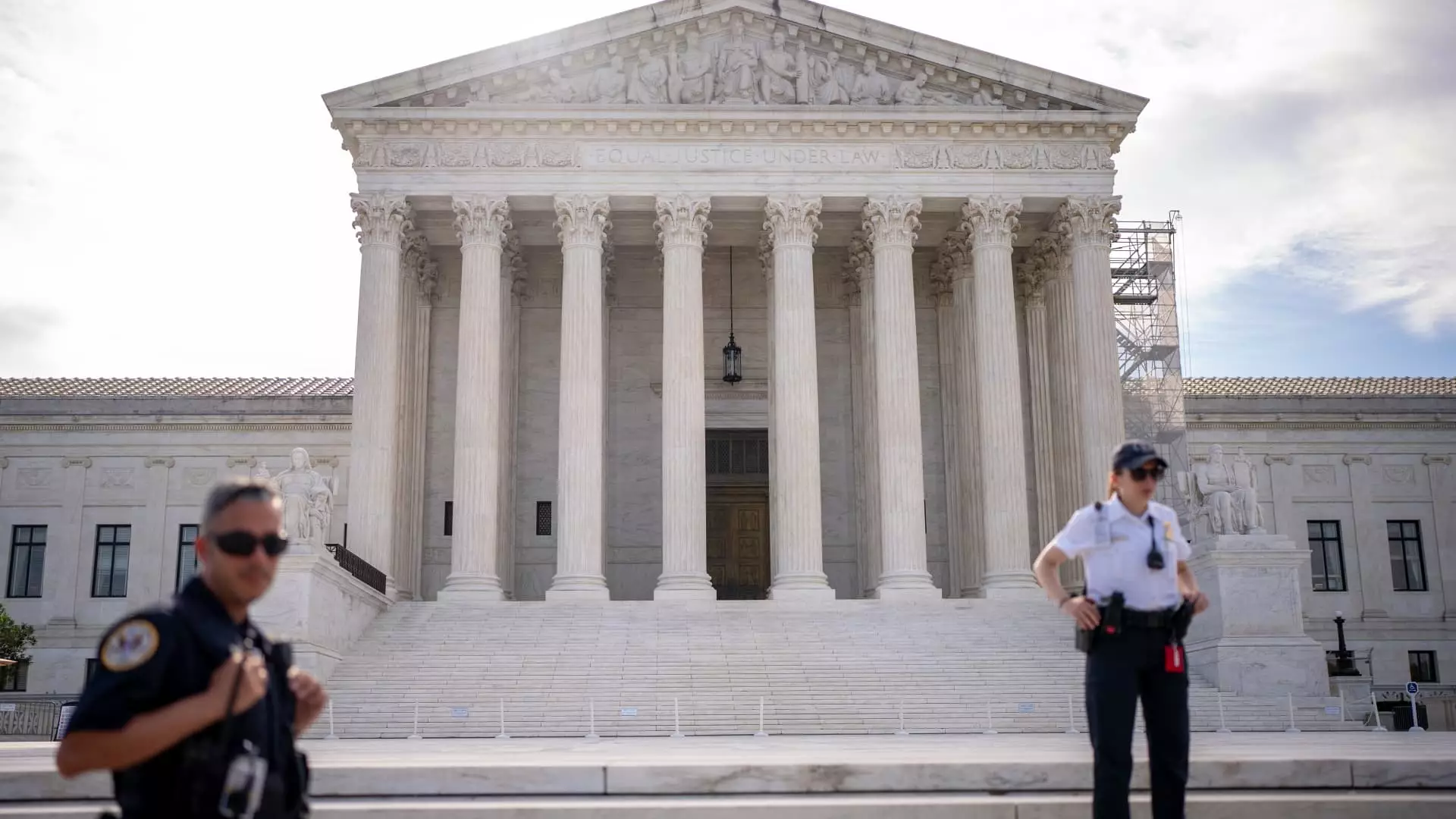The recent Supreme Court decision in Moore v. United States addressed the issue of a federal tax on certain foreign investments. In this case, a Washington state couple, the Moores, was challenged with a mandatory repatriation tax on income earned from an investment in an India-based company that did not distribute dividends. The Supreme Court upheld the tax on the Moores, but the decision raised questions about the constitutionality of wealth tax proposals.
Despite upholding the tax on the Moores, the Supreme Court refrained from delving into the broader debate on the constitutionality of a wealth tax. Justice Brett Kavanaugh emphasized the limited scope of the opinion, focusing only on the specific circumstances of the Moore case. This lack of clarity leaves uncertainty surrounding the legality of wealth taxes based on “unrealized gains” or profitable assets that have not been sold.
Issues Raised by Experts
Legal experts have expressed concerns about the implications of the Supreme Court decision on future wealth tax proposals. While some argue that powerful constitutional arguments against a wealth tax existed both before and after the decision, others believe that the case was used as a strategic tool to challenge the legality of such taxes. The debate remains open on whether a wealth tax is constitutional and how it may impact different types of investors.
The Moore case also raised uncertainties about the taxation of domestic stockholders who may have imputed income from corporations that do not issue dividends. Although the Supreme Court compared the Moores’ income realization to pass-through taxes on foreign companies, it did not definitively address whether realization is required for income tax purposes. This lack of clarity leaves room for further interpretation and potential challenges in future cases.
The Supreme Court decision on the Moore case has brought attention to the complexity and uncertainty surrounding wealth tax proposals. While the outcome of this case upheld a specific tax on foreign investments, the broader implications for wealth taxes remain unsettled. Legal experts and investors continue to debate the constitutionality of such taxes and how they may impact different groups of taxpayers. The lack of a definitive ruling on wealth taxes leaves room for future legal challenges and interpretations in the realm of tax law.

